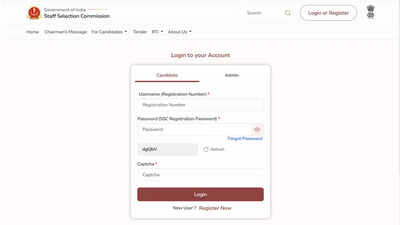Mahmoud Khalil appears in appeals court amid Trump administration efforts to deport him for his campus protests

Mahmoud Khalil, a legal U.S. resident and pro-Palestinian activist, appeared Tuesday before a federal appeals court in Philadelphia as he continues to challenge a deportation case initiated by the Trump administration over his activism at Columbia University.The hearing before the United States Court of Appeals for the Third Circuit comes as the federal government seeks to overturn a lower court order that granted Khalil’s release from a Louisiana immigration detention facility in June. The order currently prevents federal authorities from detaining him again and moving forward with deportation proceedings.
Arguments over jurisdiction
Khalil’s attorneys urged the three-judge panel to uphold the district court’s ruling, framing the case as a matter of civil liberties and constitutional protections.“All of this is being conducted in an improper forum. So that should be a full stop,” Drew Ensign, an attorney representing the government, told the court, according to the Associated Press. Ensign argued that the lower court judge exceeded his authority and that the matter should be adjudicated by the immigration judge in Louisiana, where an appeal is currently pending.
The legal landscape
The dispute stems from a recent immigration judge determination that Khalil could be deported, though the case remains under review by a separate appellate board. The outcome is uncertain, leaving Khalil’s legal status and ability to continue his activism in flux.
Advocacy amid legal battles
For Khalil, the stakes extend beyond personal consequences. Married to an American citizen, he has vowed to continue advocating for Palestinians while navigating the legal process. A magistrate judge recently allowed him to travel across the country for rallies and public events.“This case is about every single person in this country, whether they’re citizens or not,” Khalil told supporters after the hearing, the Associated Press reports. “It’s about their freedom of speech and their ability to dissent and their ability to speak up, especially about Palestine and the genocide that’s happening.”
First in the Trump administration crackdown
Khalil was the first individual arrested in the Trump administration’s extensive effort to deport student activists, academics, and others involved in pro-Palestinian protests. The government has framed such activism as antisemitic, a characterization Khalil has consistently rejected.
A case with broader implications
His case sits at the intersection of immigration enforcement and First Amendment rights, raising questions about the limits of government authority in regulating speech and activism. For legal experts and civil liberties advocates, the outcome could set precedent for a broader class of activists whose advocacy challenges entrenched political narratives.






